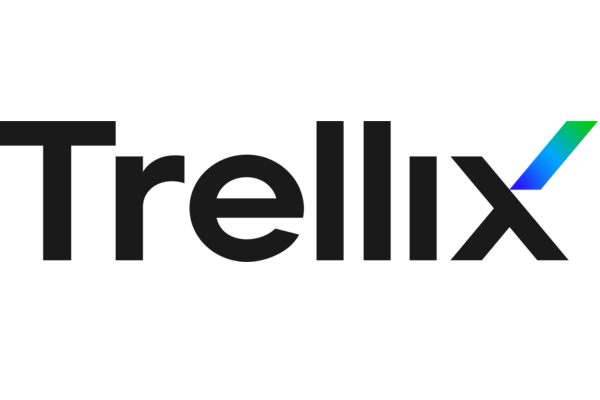
Jun 19 generative ai, RAG, analytics, open source
This webinar features presentations around Generative AI, Large Language Models (LLM) including OpenAI and Anthropic, Machine Learning (ML), plus Application Modernization/Migration, RAG (Retrieval-Augmented Generation), DevOps, Data Analytics and Open Source.
This is a unique opportunity to understand and compare AI offerings from Microsoft, AWS and Google.
Click on the green button above to register, scroll down to see the full and detailed agenda, plus expert speakers. Click on their name to view their Linkedin profile, and session title for additional information. There is time for live interaction/Q&A with the speakers so have your questions ready.
Here is typical and highly positive Angelbeat attendee feedback, this from the IT Director at a global pharmaceutical firm: “All the events that you host are always enjoyable because they are to the point, not a sales pitch and an educational, factual experience.”
Please use your Angelbeat account - created on the secure Memberspace platform, at no charge - to register to attend this webinar (hosted on Zoom), which also lets you download slides, watch on-demand videos, plus signup for future programs with one-click. If you already have an account, you will be asked to confirm your registration. Otherwise you are prompted to fill out a simple contact form.
1:05 Imran Chaudhri, Chief Architect AI, Progress
Unlocking Business Potential with GenAI through Trustworthy, Cost-Effective Solutions: In the rapidly evolving landscape of generative AI, businesses must navigate through a myriad of challenges to harness the full potential of AI-driven solutions and drive significant business benefits.
This technical and highly relevant session will focus on deploying trustworthy, production-ready generative AI solutions that ensure reliably consistent responses. Learn about the revolutionary concept of “Progressive Vectors, which achieves 4x-10x cost savings in embedding vector generation. Understand how to ensure repeatable and validated answers from the Generative AI model, leveraging the independent Progress Data Platform.
1:25 Anil Inamdar, Global Head of Data Services, Instaclustr Business Unit, NetApp
Enterprise Platform Engineering, the Open Source Way: Platform engineering is one of the hottest topics in enterprise software development, and with good reason. It bridges the gap between pie-in-the-sky claims about accelerating application development (and ROI), and the boots-on-the-ground reality of most software teams—which are often already stretched thin while being asked to support increasingly ambitious business goals.
While there is no one-size-fits-all approach to platform engineering, it’s becoming increasingly clear that open-source software and projects are absolutely vital to its success. This talk will help you understand why and how you benefit by including open source in your platform engineering blueprint, and how to ensure the most success from that strategy.
1:45 Mamoon Chowdry, Solutions Architect, AI, Machine Learning, Cloud Computing, AWS
Generative AI for Every Business: Learn how to boost productivity, build differentiated experiences, and innovate faster with AWS, leveraging its enterprise-grade security and privacy, access to industry-leading foundation and large language models (LLM), and generative AI-powered applications. Specific topics to be discussed include:
Build and scale Generative AI applications with security, privacy, and responsible AI built in from day one
Train and run inference at scale with infrastructure purpose-built for machine learning
Use AWS’ powerful and easily customized applications/capabilities to boost productivity, streamline coding, simplify business intelligence, and seamlessly integrate multiple data sources
AWS Anthropic Strategic Partnership: Pushing the boundaries of generative AI together
2:05 Christopher Garyet, Global AI Solutions Specialist, Microsoft
LLMOps with Azure AI: One of the biggest obstacle organizations face in adopting Generative AI technology is a strategy for operationalizing applications built on Large Language Models (LLMs). Azure AI make LLMOps easy with security, compliance and monitoring built into the development environment. This talk will describe LLMOps life cycle and how it can be done using Azure AI.
OpenAI and Microsoft Partnership: Learn about Microsoft’s partnership with OpenAI and why Microsoft’s Azure Cloud is the optimal platform for running Generative AI applications, powered by OpenAI
2:25 Alan Roche, Senior Software Architect and Principal AI Engineer, Trellix
Mental Models and Deployment Recommendations for RAG and Vector Databases: This highly informative and technical session will provide Generative AI strategists, practitioners and developers with some simple, useful and relatable metaphors for RAG (Retrieval-Augmented Generation), vector search, distance metrics and vector indexing algorithms. Alan will offer practical advice, based on real world experience plus Generative AI deployments and use cases, on how to get the most relevant results from Vector Search.
2:45 Eddie Tinsley, GenAI Ambassador, Senior Customer Engineer, Google
Generative AI on Google Cloud: Bring generative AI to real-world experiences quickly, efficiently, and responsibly, powered by Google’s most advanced technology and models including Gemini.


















